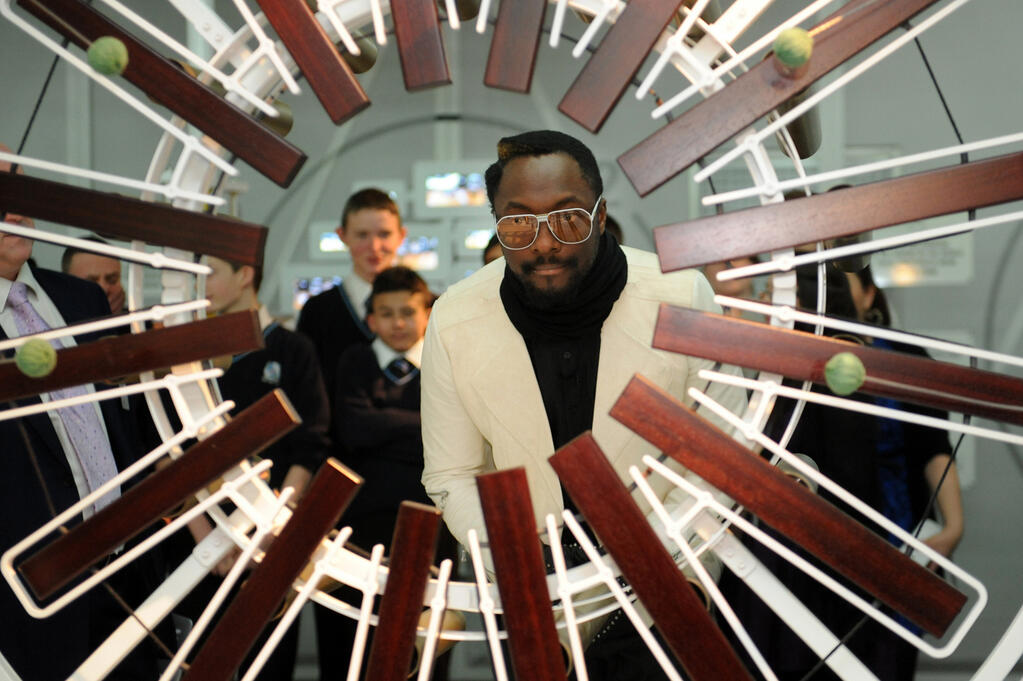
Musician and philanthropist will.i.am launched an initiative at the Science Museum this week to boost the teaching of science, technology, engineering and maths for disaffected and underachieving children across the country.
Roger Highfield is the Science Director at the Science Museum Group, a member of the UK's Medical Research Council and a visiting professor at the Dunn School, University of Oxford, and Department of Chemistry, UCL. He studied Chemistry at the University of Oxford and was the first person to bounce a neutron off a soap bubble. Roger was the Science Editor of The Daily Telegraph for two decades, and the Editor of New Scientist between 2008 and 2011. He has written or co-authored ten popular science books, most recently Stephen Hawking: Genius at Work, and has had thousands of articles published in newspapers and magazines.

Musician and philanthropist will.i.am launched an initiative at the Science Museum this week to boost the teaching of science, technology, engineering and maths for disaffected and underachieving children across the country.
As Britain lurches from flood to drought, experts from Government, industry, academia and consumer bodies gathered at the Science Museum to discuss that most fundamental ingredient of life: water.
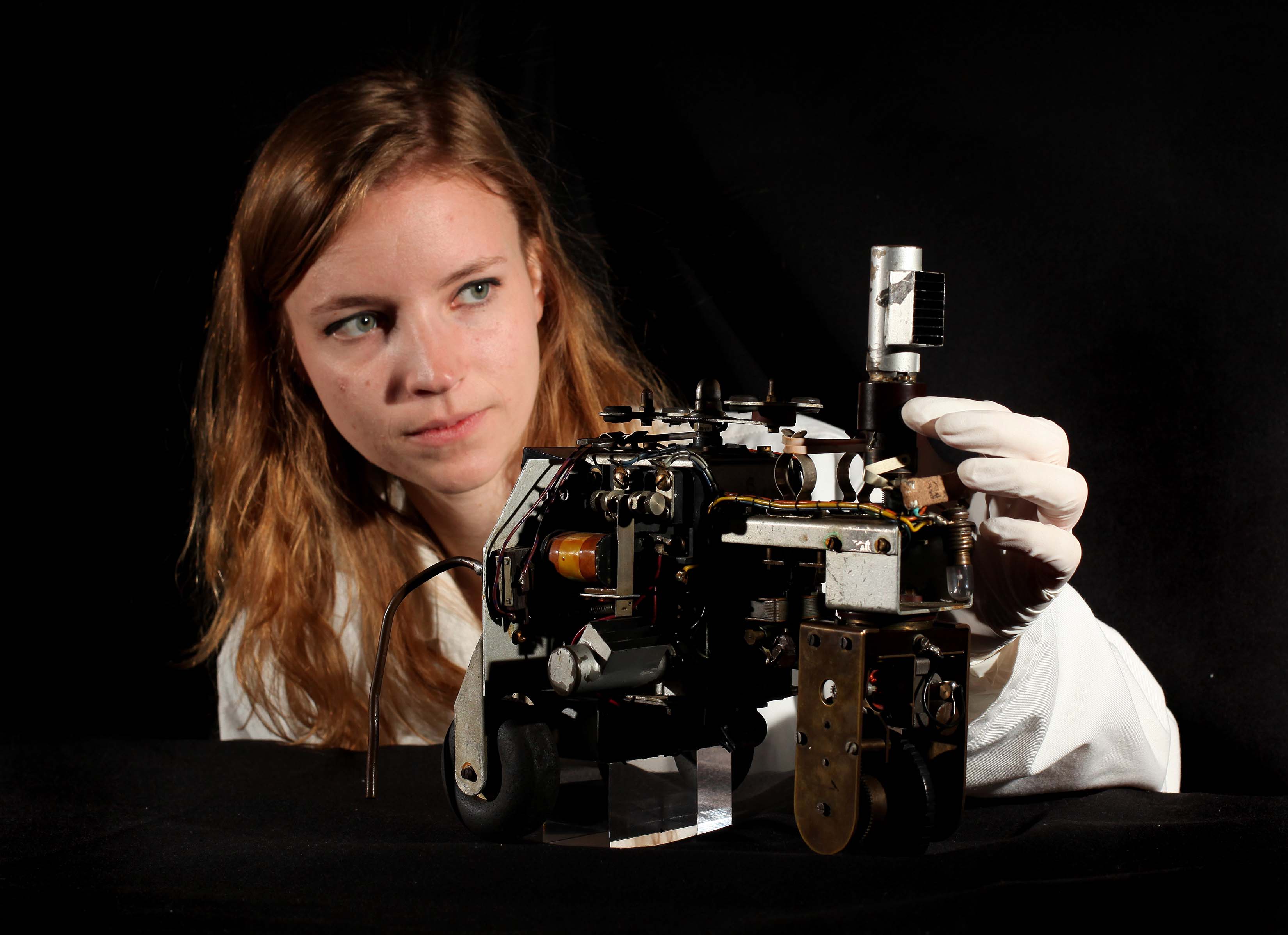
The Science Museum’s critically-acclaimed exhibition about Alan Turing, the mathematician, logician, cryptanalyst, and philosopher, has been awarded a prestigious prize by the British Society for the History of Science writes Roger Highfield
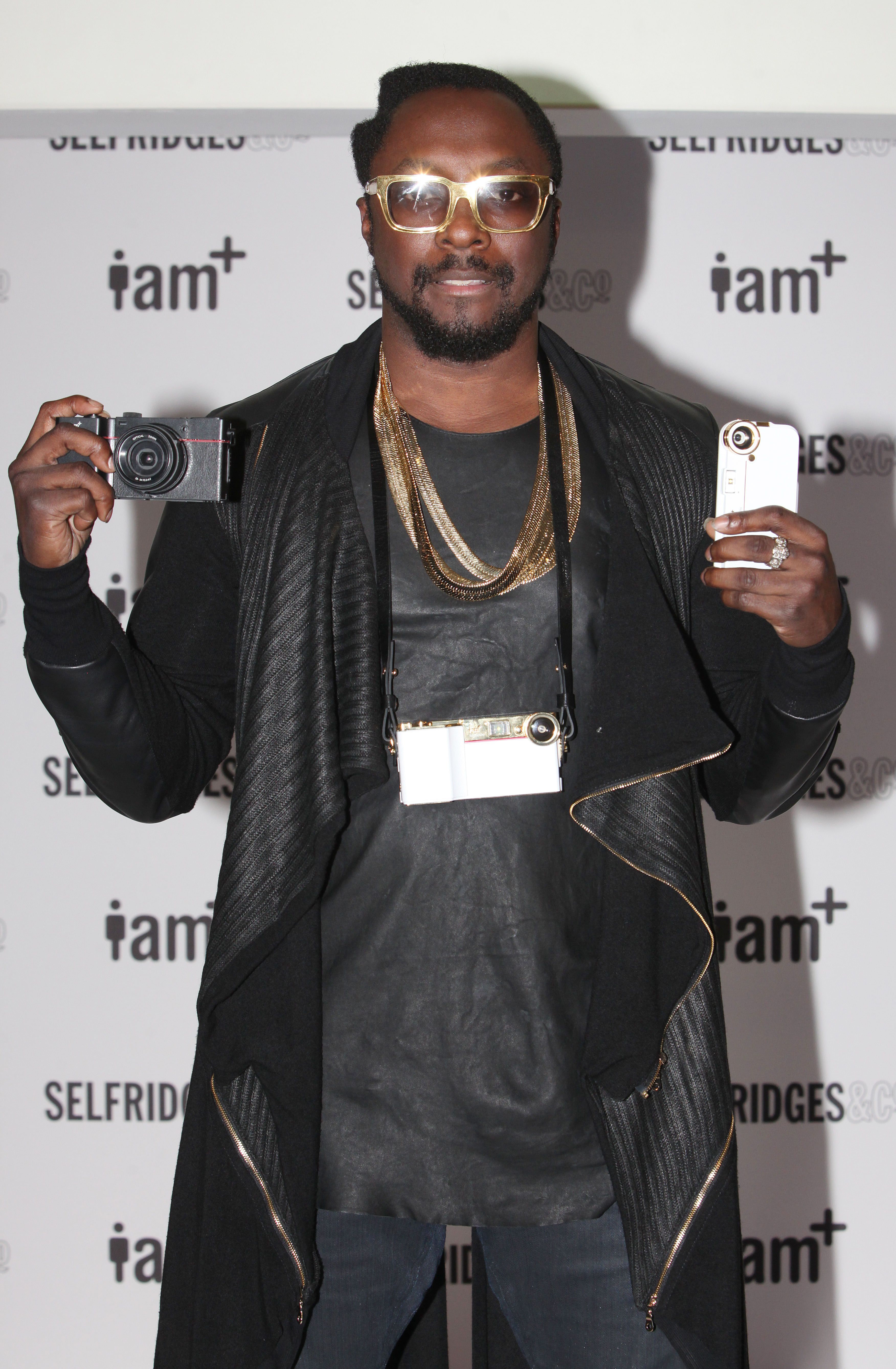
The musician and entrepreneur will.i.am gave a classic demonstration of the ‘show, don’t tell’ technique yesterday as part of his quest to inspire the next generation of scientists and engineers.
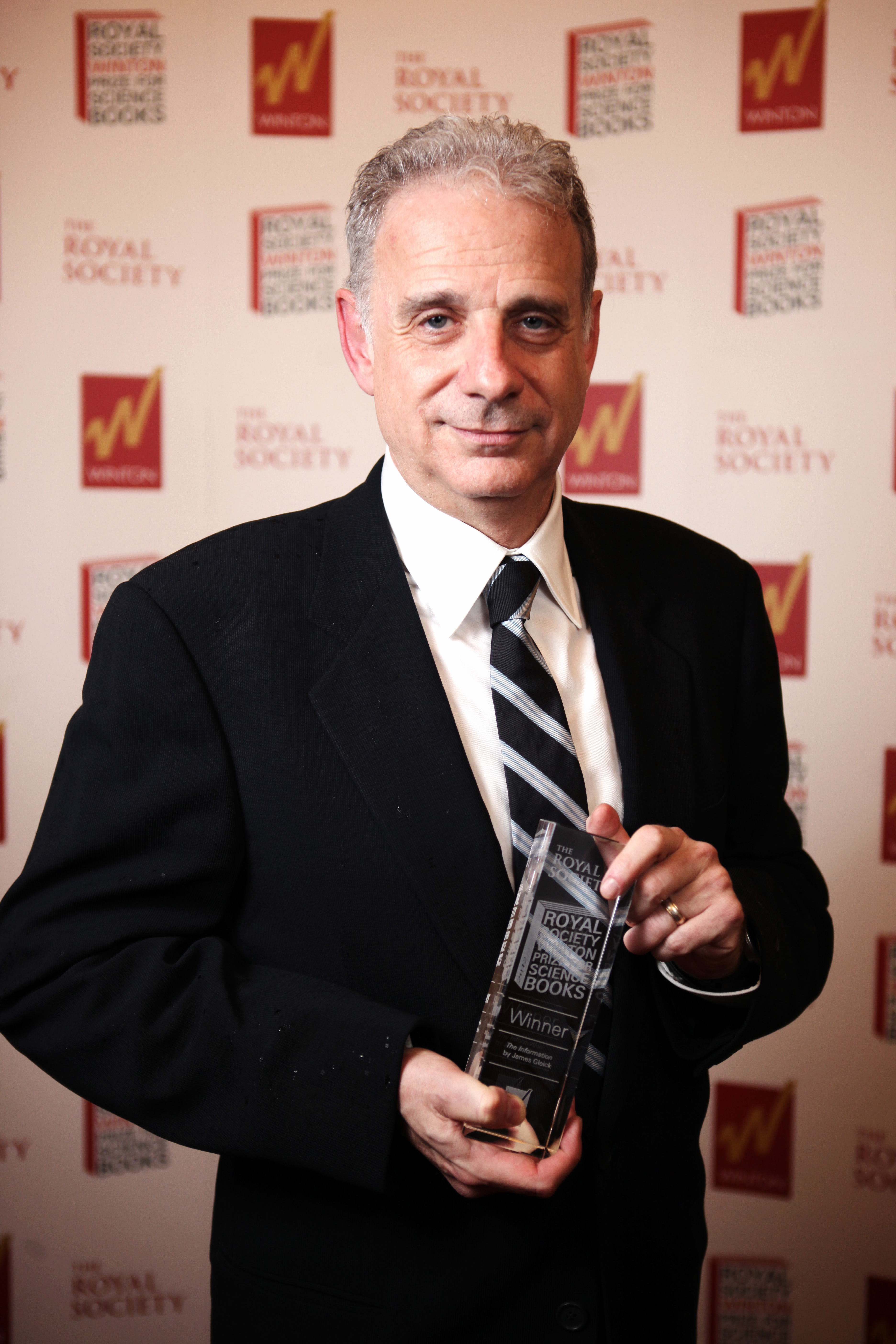
The bestselling author James Gleick last night won the world’s most prestigious science book prize with his revelatory chronicle of how information has become the defining quality of the modern age.
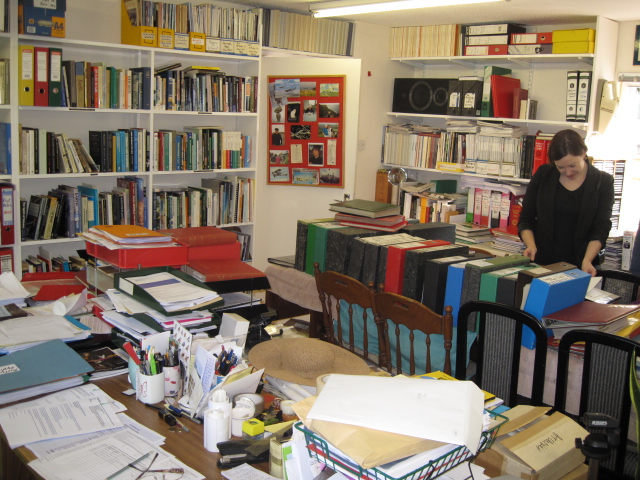
It’s an amazing image to conjure with: the 23-year old James Lovelock, our most famous independent scientist, cradling a baby in his arms who would grow to become the world’s best known scientist, Stephen Hawking.
Lovelock told me about this touching encounter during one of his recent visits to the Science Museum, a vivid reminder of why the museum has spent £300,000 on his archive, an extraordinary collection of notebooks, manuscripts photographs and correspondence that reveals the remarkable extent of his research over a lifetime, from cryobiology and colds to Gaia and geoengineering.
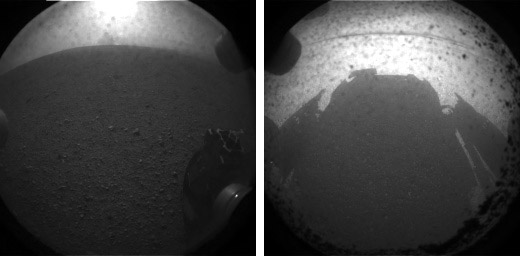
Mars rover Curiosity has landed on the Red Planet
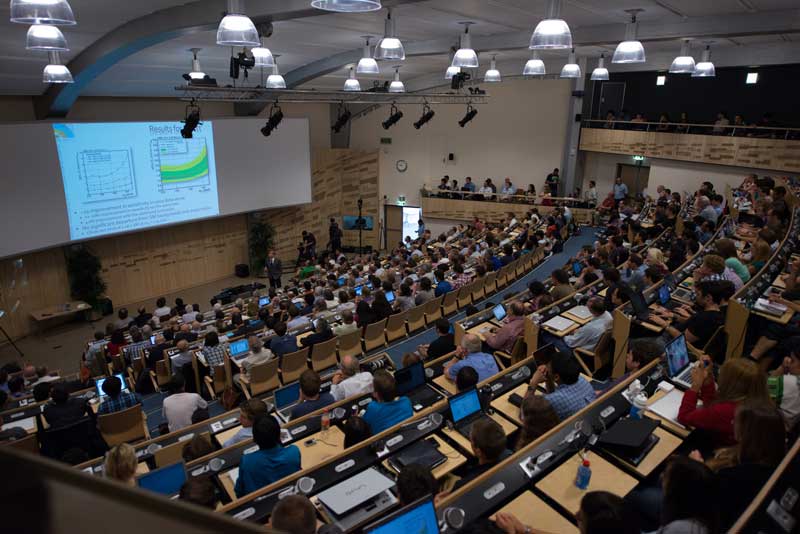
Higgs boson discovered! Roger Highfield reports on the press conference in our latest blog post.
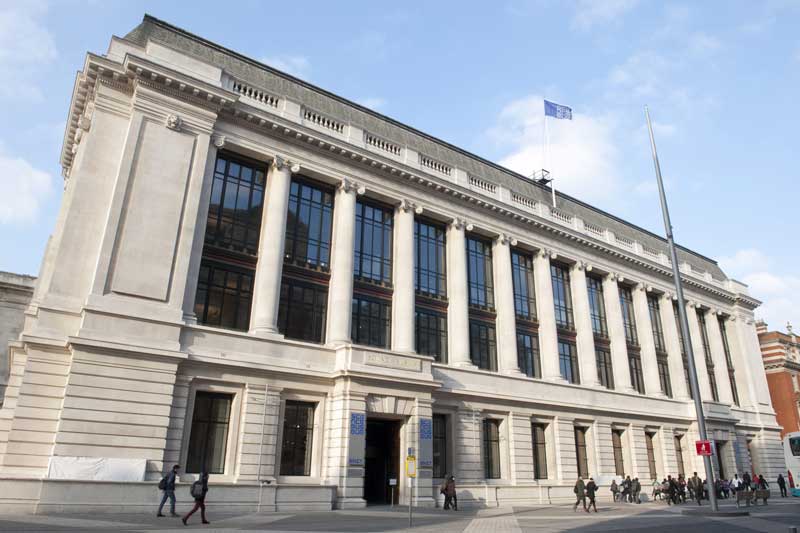
The most influential scientist in the country came to the Science Museum last night.
Find out what he had to say in our guest blog post from Roger Highfield
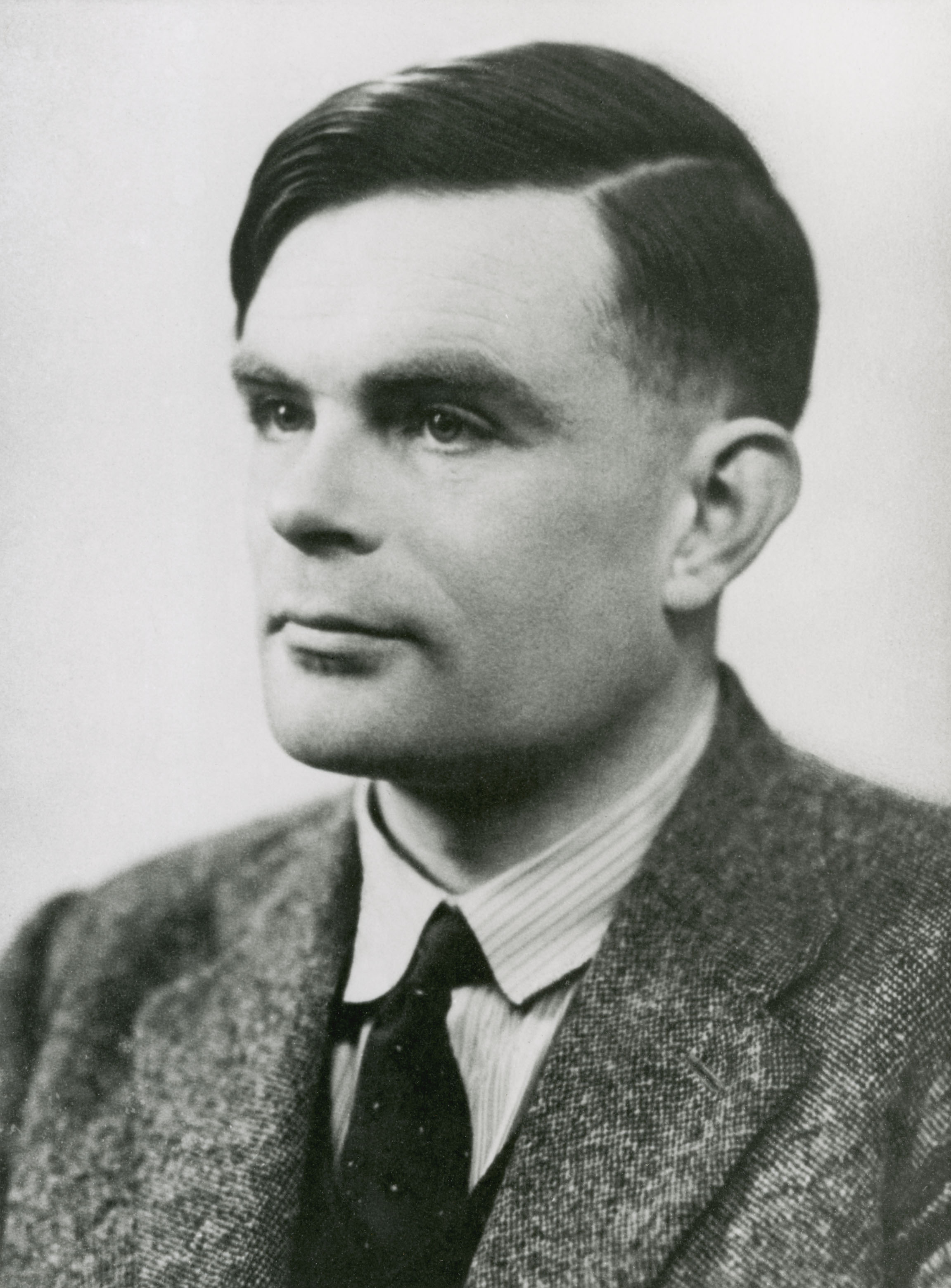
The tragic loss of a friend during his teenage years exerted an extraordinary influence on Turing’s life, according to Roger Highfield and David Rooney.
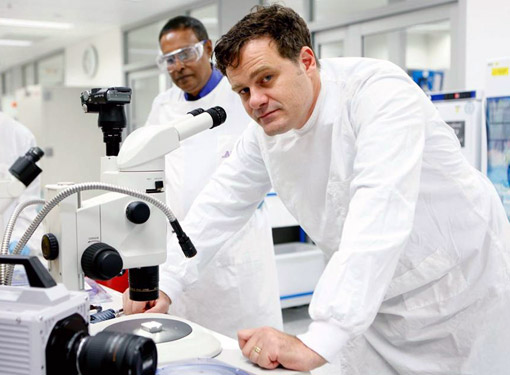
Want to find out who is going to change our world? The answer was given last night at a dinner held in the Science Museum.
Guest post by Roger Highfield
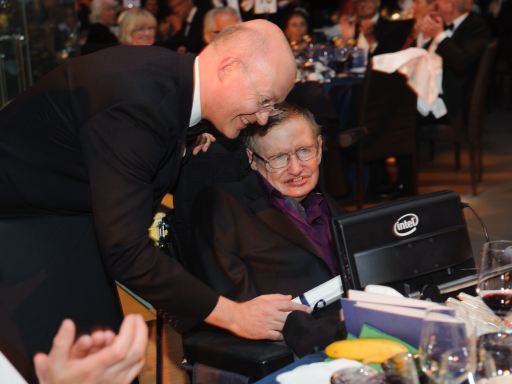
Professors Stephen Hawking and Rolf-Dieter Heuer have been made Fellows of the Science Museum, the highest accolade that the Museum can bestow upon an individual.